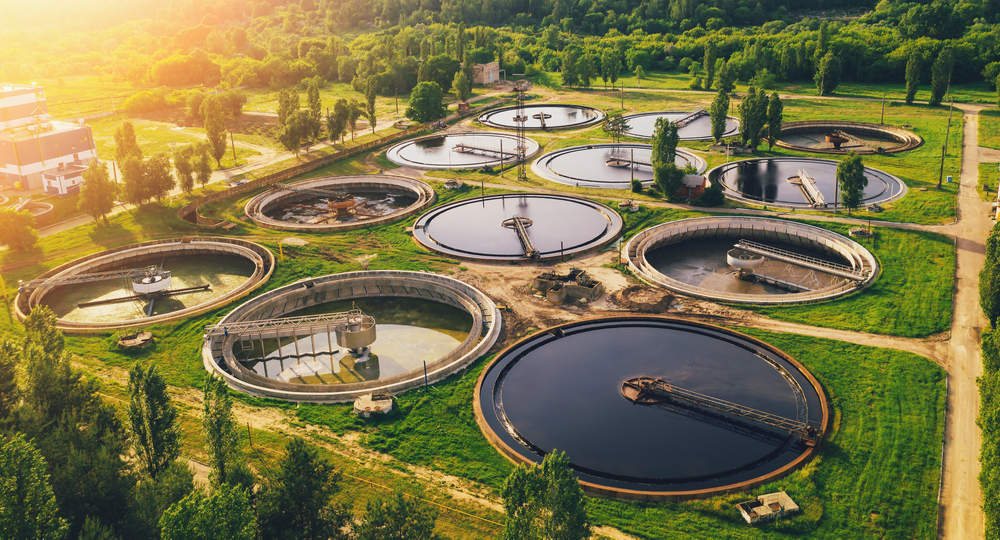
In the pursuit of industrial progress, the environmental toll of industrial effluent cannot be overlooked. As industries contribute to economic growth, the discharge of pollutants into water bodies poses a serious threat to ecosystems and public health. However, the key to sustainable development lies in effective conservation measures. This blog explores the challenges posed by industrial effluent and outlines strategies for effective conservation to minimize its impact on the environment.
Understanding the Challenge:The Scope of Industrial Effluent: Industrial effluent encompasses a diverse range of pollutants, including heavy metals, chemicals, and organic compounds. As industries grow, so does the volume of wastewater discharged into rivers and oceans, necessitating a comprehensive approach to conservation.
Environmental Impact: The unregulated release of industrial effluents can lead to severe consequences, such as the contamination of water sources, disruption of aquatic ecosystems, and long-term health risks for both humans and wildlife. Recognizing the gravity of these impacts is the first step toward effective conservation.
Strategies for Effective Conservation:
- Technological Innovation and Efficient Treatment: Implementing advanced technologies like Deur Resource Recovery Plant for effluent treatment is crucial. Industries should invest in state-of-the-art treatment plants that employ a combination of physical, chemical, and biological processes to remove pollutants. This ensures that discharged water meets stringent quality standards.
- Closed-Loop Systems & Water Reuse: Adopting closed-loop systems within industries minimizes the need for fresh water intake and reduces the volume of effluent generated. Additionally, promoting water reuse practices allows treated effluent to be recycled for non-potable purposes, contributing to overall water conservation efforts.
- Public Awareness & Corporate Responsibility: Creating awareness among the public about the impact of industrial effluents fosters a sense of responsibility. Consumers can support companies that prioritize environmentally conscious practices, prompting industries to adopt sustainable approaches in response to market demand.
- Collaboration and Knowledge sharing: Collaboration between industries, government bodies, and environmental organizations is essential for effective conservation. Sharing knowledge, best practices, and successful case studies can accelerate the adoption of sustainable technologies and practices across sectors.
Effectively conserving our environment in the face of industrial effluent requires a multi-faceted approach. By integrating advanced technologies, promoting water reuse, enforcing strict regulations, and fostering a sense of corporate responsibility, we can strike a balance between industrial progress and environmental preservation. The journey towards effective conservation is a shared responsibility that requires commitment from all stakeholders. Together, we can pave the way for a future where industrial growth coexists harmoniously with a thriving and sustainable environment.

